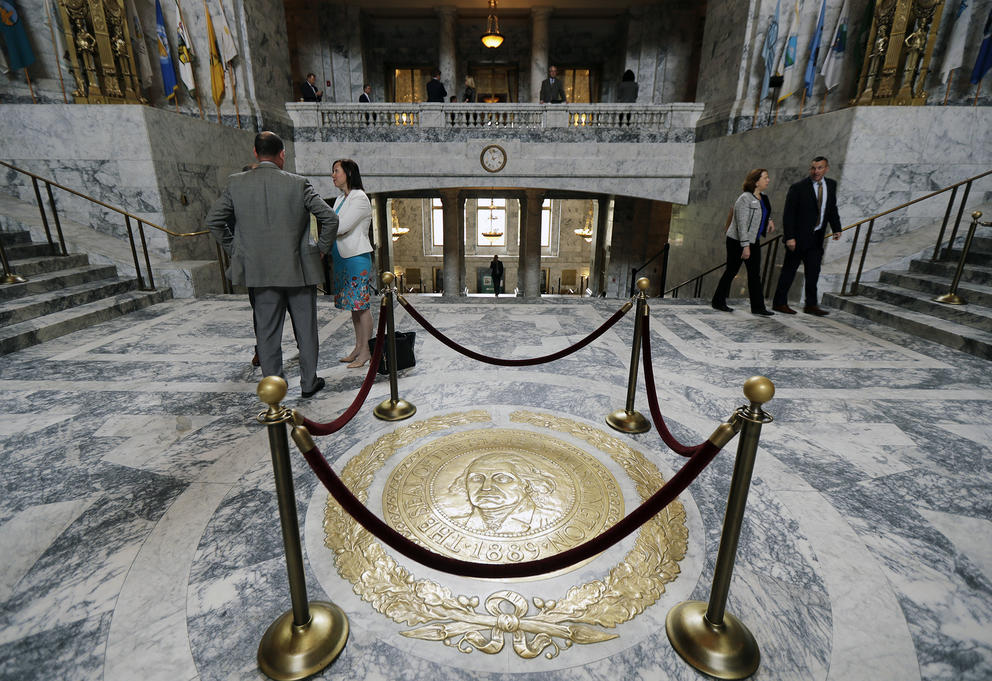Now, revenues for the operating budget are projected to hit $66 billion for that two-year budget cycle that begins July 1. State lawmakers this spring approved the new two-year operating budget, which funds schools, parks, prisons, mental health programs and other services.
“Capital gains revenue collections have been stronger than expected and the forecast has been revised up to reflect that,” Steve Lerch, the council’s executive director, said Tuesday in a statement.
“However, the large number of estimated capital gains tax returns means that final collections from this source remain uncertain” for the near future, he added.
The Washington Supreme Court in March ruled that the tax on some capital gains – which the Legislature passed in 2021 – meets constitutional muster.
The council has also increased projected tax collections for the 2025–27 budget cycle by roughly $147 million. Forecasters also increased the estimated tax collections for the current two-year budget cycle set to end on Friday by approximately $341 million.
In a statement, state Sen. Lynda Wilson, R-Vancouver, said the positive forecast is offset for Republicans by concerns over affordability in Washington, which is currently seeing elevated gas prices and a new payroll tax that kicks in July 1 to fund a new long-term care benefit program.
“Republicans keep calling attention to the affordability crisis in our state, but unfortunately we seem to be alone in wanting to offer even temporary tax relief that could ease the cost of living here," said Wilson, who is currently chair of the council.



